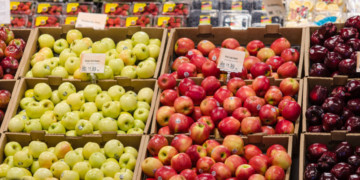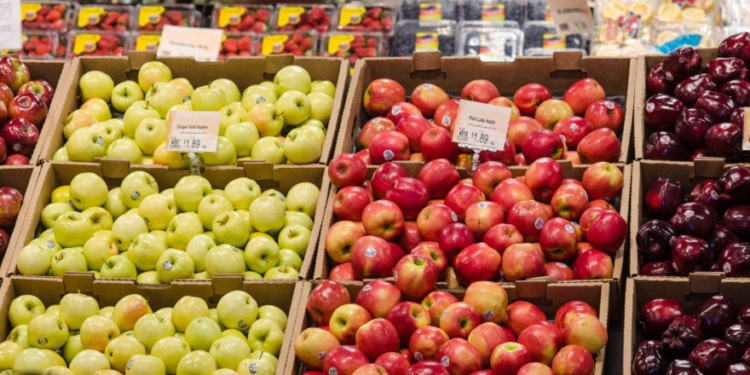Two separate rulings on Tuesday stopped the merger of supermarket giants Kroger and Albertsons in its tracks.
The decisions by U.S. District Court Judge Adrienne Nelson and Judge Marshall Ferguson echo widespread concerns about potential negative impacts on competition and consumer choice, affecting millions across the country. Judge Nelson, presiding in Portland, Ore., issued a preliminary injunction after a detailed three-week hearing.
Nelson pointed out the likelihood that the Federal Trade Commission (FTC), which is challenging the merger, would succeed in proving that the $24.6 billion deal would substantially lessen competition in the market. The preliminary injunction seeks to preserve the status quo until an in-house administrative judge at the FTC can further assess the merger’s implications.
Hours later, in Seattle, Judge Ferguson issued a permanent injunction, specifically prohibiting the merger within the state, citing it as a clear threat to maintaining competitive market conditions. His decision reflects a concerted effort to protect consumers and workers in Washington state from the potential consolidation harms that could arise from such a colossal merger.
“We’re standing up to mega-monopolies to keep prices down,” Ferguson said. “We went to court to block this illegal merger to protect Washingtonians’ struggling with high grocery prices and the workers whose jobs were at stake. This is an important victory for affordability, worker protections and the rule of law.”
The merger, first announced in 2022, has faced scrutiny from federal and state regulators. The FTC’s lawsuit, supported by attorneys general from nine states and the District of Columbia, argued that merging Kroger and Albertsons would not only reduce consumer choice but also drive up prices and dampen wage competition in the grocery sector.
In response to the court’s decisions, representatives from Kroger and Albertsons expressed their disappointment and are currently considering their next steps, which could include appealing the rulings, NBC News reported.
“We believe we clearly outlined during the proceedings how the proposed merger would expand competition, lower prices, increase associate wages, protect union jobs, and enhance customers’ shopping experience. We are carefully reviewing the Court’s opinion and are evaluating our options in accordance with the merger agreement,” Albertsons said in a statement.
Both companies have defended the merger as a strategic move to better compete with retail giants such as Walmart, Costco, and Amazon, The Associated Press reported. Albertsons even said that blocking the merger could lead to dire consequences, including layoffs, store closures and an exit from several markets.
Under the merger agreement, Kroger and Albertsons planned to divest 579 stores to C&S Wholesale Grocers to alleviate overlapping market concerns, AP said. The Biden administration initiated a legal challenge in Feb. 2024 against the Kroger Company and Albertsons Companies, Inc. merger, arguing that the $24.6 billion deal stifles competition.
“This supermarket mega merger comes as American consumers have seen the cost of groceries rise steadily over the past few years,” Henry Liu, director of the FTC’s Bureau of Competition, said in the release.
(Featured Image Media Credit: Flickr/USDA Photo by Lance Cheung)
All content created by the Daily Caller News Foundation, an independent and nonpartisan newswire service, is available without charge to any legitimate news publisher that can provide a large audience. All republished articles must include our logo, our reporter’s byline and their DCNF affiliation. For any questions about our guidelines or partnering with us, please contact [email protected].

























 Continue with Google
Continue with Google